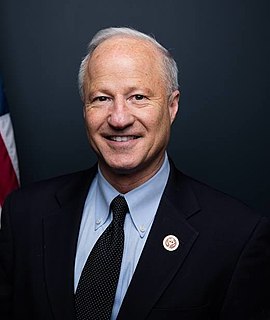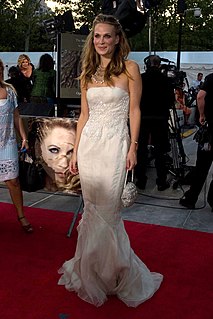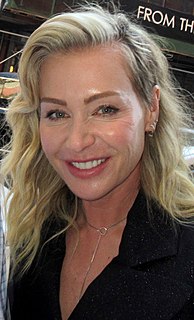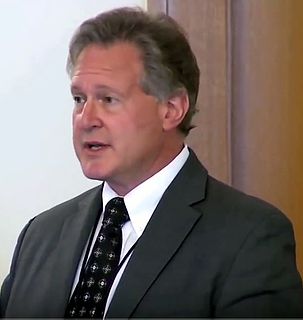A Quote by Joe Wicks
The goal is to get people off low-calorie diets. They're struggling, they're barely eating anything. They need educating.
Related Quotes
I eat three home-cooked meals a day, all prepared in advance. My ethos is to stay away from unsustainable low-calorie diets and aim for something balanced: loads of veg, protein and enjoy the carbs you love. Be realistic. I don't count sugar or salt or grams of fat: it's very restrictive and unenjoyable.
I finally understood that by being on a perpetual diet, I had practiced a "disordered" form of eating my whole life. I restricted when I was hungry and in need of nutrition and binged when I was so grotesquely full I couldn't be comfortable in any position by lying down. Diets that tell people what to eat or when to eat are the practices inbetween. And dieting, I discovered, was another form of disordered eating, just as anorexia and bulimia similarly disrupt the natural order of eating.
The hardest thing was going through different stages of weight loss. At the beginning, it was easy to take off the weight with exercise and eating less but then you reach a point where 90 per cent of the weight loss is achieved purely through reducing your calorie intake. My goal was to lose four pounds per week. That worked well for the first few months but then things got tricky.
































